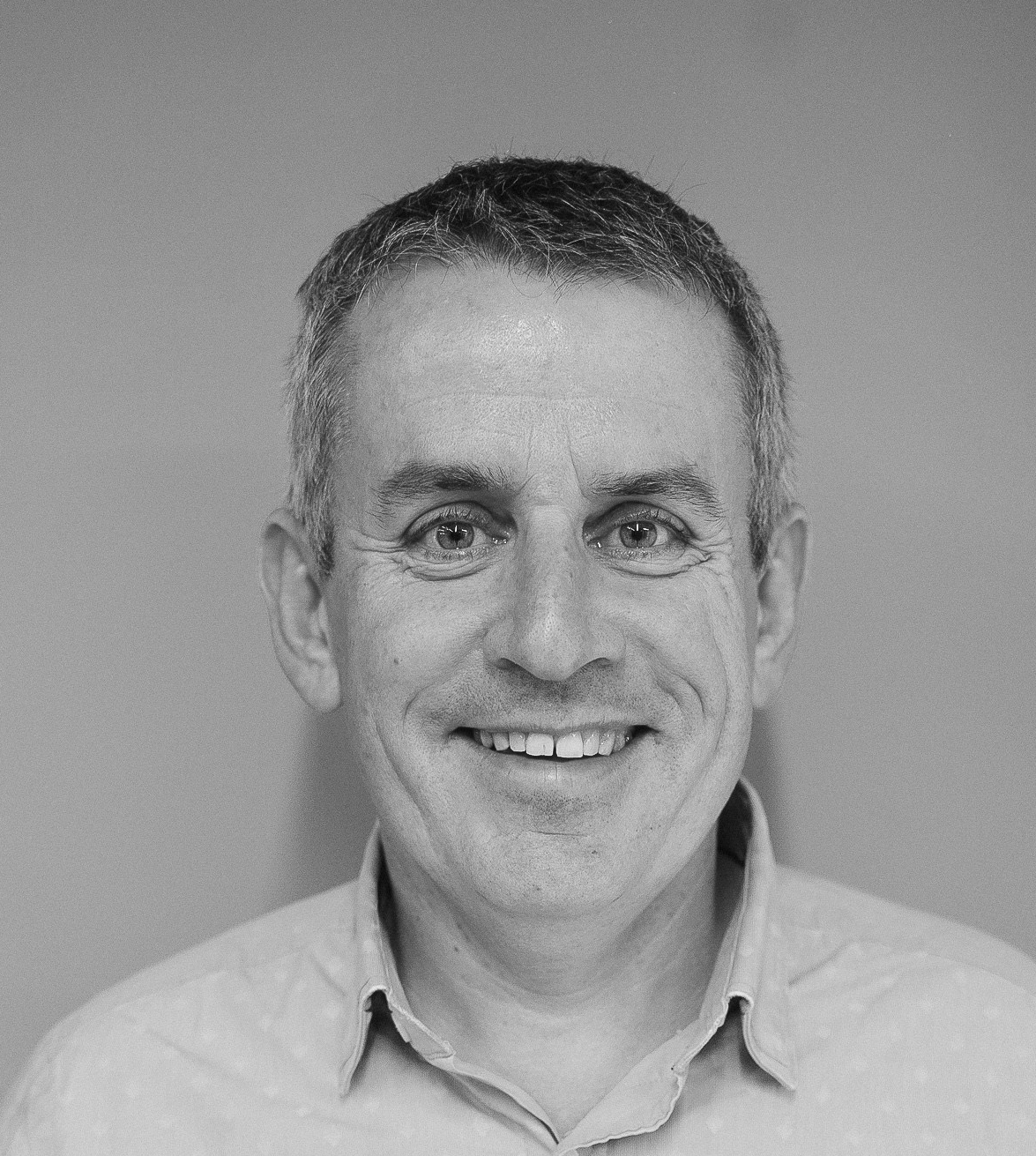The Calvin Cycle
- The light-independent stage of photosynthesis, also referred to as the Calvin cycle, occurs in the stroma of the chloroplast
- This stage produces complex organic molecules, including (but not limited to) carbohydrates, such as:
- Starch (for storage)
- Sucrose (for translocation around the plant)
- Cellulose (for making cell walls)
- The light-independent stage does not require energy from light and can therefore take place in light or darkness
- However, as it requires inputs of ATP and NADPH from the light-dependent stage, it cannot continue indefinitely in darkness, as these inputs will run out
- An overview of the Calvin cycle is as follows:
- Carbon dioxide is absorbed through the stomata of leaves into the stroma.
- Carbon dioxide is fixed - meaning it is incorporated into organic molecules
- NADPH and ATP are involved in converting fixed carbon into three-carbon and subsequently six-carbon sugars (e.g. glucose)
Calvin Cycle Diagram

The Calvin cycle
Exam Tip
You will not need to memorize the steps of the Calvin cycle, the structures of the intermediate molecules or the names of the enzymes, with the exception of ATP synthase in the light-dependent stage.

